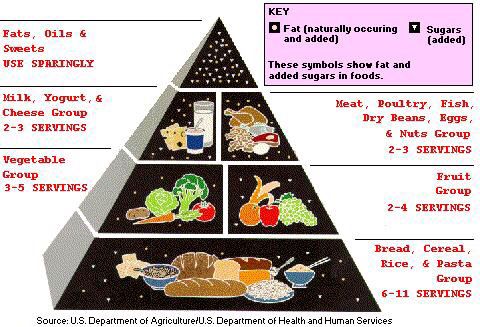Many people believe that following a low-fat diet is the key to weight loss and a healthy lifestyle. However, recent research has shown that this may not be the case. In fact, the low-fat diet myth has been debunked, and it is time to reevaluate our approach to nutrition.
The Rise of the Low-Fat Diet
The low-fat diet craze gained popularity in the 1980s and 1990s as a way to combat heart disease and obesity. This approach advocates for the reduction of dietary fat intake, with the belief that eating less fat will lead to lower body fat and improved health. However, research has shown that this may not be the case.
The Truth About Fats
Not all fats are created equal. In fact, some fats are essential for overall health and well-being. Unsaturated fats, such as omega-3 and omega-6 fatty acids, are crucial for brain function, hormone production, and cell membrane structure. Saturated fats, on the other hand, can have negative effects on cholesterol levels and heart health when consumed in excess.
The Problem with Low-Fat Diets
When people follow a low-fat diet, they often replace fats with carbohydrates and sugar. This can lead to a spike in blood sugar levels, followed by a crash that leaves you feeling tired and hungry. Additionally, many low-fat products are highly processed and filled with added sugars and artificial ingredients to make up for the lack of flavor from fats.
A Balanced Approach to Nutrition
Instead of focusing on cutting out fats entirely, it is important to focus on consuming a balanced diet that includes a variety of nutrients. This means incorporating healthy fats from sources such as avocado, nuts, seeds, and fatty fish into your meals. Additionally, opting for whole, unprocessed foods over packaged low-fat products can help you maintain a healthy weight and support overall well-being.
The Bottom Line
While the low-fat diet myth may still be prevalent in popular culture, it is important to take a closer look at the research and consider a more balanced approach to nutrition. By focusing on incorporating healthy fats into your diet and avoiding highly processed low-fat products, you can support your overall health and well-being.
